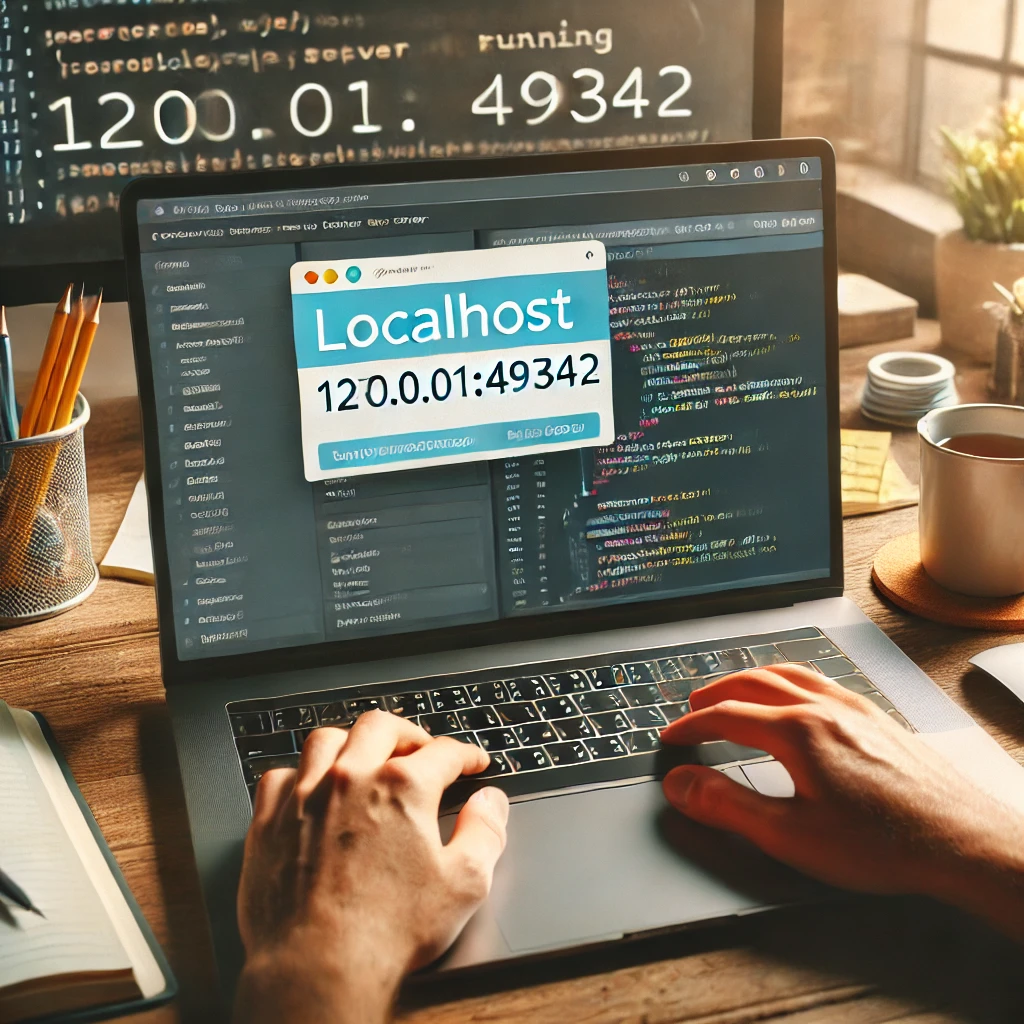In the world of networking and software development, certain terms and concepts are fundamental to understanding how systems communicate and function. One such concept is the use of IP addresses and port numbers, specifically the localhost IP address 127.0.0.1 and a port number like 49342. This article aims to demystify these technical terms and provide a comprehensive guide to understanding what 127.0.0.1:49342 means, why it’s important, and how it’s used in practical scenarios.
The Basics of IP Addresses
Before diving into the specifics of 127.0.0.1:49342, it’s essential to understand the basics of IP addresses. An IP (Internet Protocol) address is a unique identifier assigned to each device connected to a network. It allows devices to locate and communicate with each other over the internet or a local network. There are two main types of IP addresses: IPv4 and IPv6. IPv4 addresses are the most commonly used and consist of four sets of numbers separated by periods (e.g., 192.168.1.1).
Localhost and 127.0.0.1
The IP address 127.0.0.1 is known as the localhost or loopback address. It’s a special address that a computer uses to refer to itself. When you type “127.0.0.1” in your web browser or use it in a network configuration, you are telling the system to communicate with itself. This is useful for testing and development purposes because it allows developers to run servers and applications on their local machines without needing a live internet connection.
Understanding Port Numbers
While the IP address identifies the device, port numbers are used to specify particular services or applications running on that device. A port number is a 16-bit integer that ranges from 0 to 65535. When a network request is made, it includes both an IP address and a port number, ensuring the data reaches the correct application.
Common Port Numbers
Certain port numbers are reserved for specific services by convention. For example:
- Port 80: HTTP (web traffic)
- Port 443: HTTPS (secure web traffic)
- Port 25: SMTP (email)
Custom Port Numbers
In addition to these well-known ports, applications can use any available port number for communication. This is where a port number like 49342 comes into play. Developers often choose high-numbered ports (above 1024) for custom applications to avoid conflicts with standard services.
The Significance of 127.0.0.1:49342
Combining the localhost IP address (127.0.0.1) with a custom port number (49342) creates a unique endpoint for accessing a specific application or service running on your local machine. This combination is often used in development environments to test web servers, APIs, or other network services without exposing them to the internet.
Practical Applications
Local Development Servers
One common use case for 127.0.0.1:49342 is running a local development server. Developers frequently use tools like Apache, Nginx, or Node.js to serve their applications locally. By configuring the server to listen on 127.0.0.1:49342, they can access their application in a web browser at http://127.0.0.1:49342. This setup allows developers to test changes and debug issues in a controlled environment before deploying the application to a live server.
API Testing
Another practical application is API testing. When building APIs, developers need to ensure they function correctly and handle various requests and responses. By running the API locally on 127.0.0.1:49342, they can use tools like Postman or curl to send requests and inspect the responses. This approach enables thorough testing without the need for an internet connection or a remote server.
Database Management
Database management tools also benefit from using localhost and custom port numbers. For instance, a developer might run a local instance of a database like MySQL or MongoDB on 127.0.0.1:49342. This setup allows them to manage and query the database locally, ensuring that their development and testing environments are isolated from the production database.
Configuring Applications to Use 127.0.0.1:49342
Setting up an application to use 127.0.0.1:49342 involves a few straightforward steps, depending on the specific software or framework in use. Here, we’ll provide a general overview of how to configure a web server and an API to use this address and port number.

Configuring a Web Server
Let’s take the example of configuring an Apache web server:
- Install Apache: First, ensure that Apache is installed on your local machine. This process varies depending on the operating system.
- Edit Configuration File: Open the Apache configuration file (usually httpd.conf or apache2.conf) in a text editor.
- Set Listen Directive: Find the
Listendirective and set it to127.0.0.1:49342. For example:mathematicaCopy codeListen 127.0.0.1:49342 - Restart Apache: Save the configuration file and restart the Apache service to apply the changes.
You can now access your local website at http://127.0.0.1:49342.
Configuring an API
For an API built with Node.js, the process is similar:
- Install Node.js: Ensure that Node.js is installed on your machine.
- Create a Server: Write a simple server script using Express (a popular Node.js framework):javascriptCopy code
const express = require('express'); const app = express(); const port = 49342; app.get('/', (req, res) => { res.send('Hello, world!'); }); app.listen(port, '127.0.0.1', () => { console.log(`Server running at http://127.0.0.1:${port}/`); }); - Run the Server: Save the script and run it using Node.js:Copy code
node server.js
Your API will now be accessible at http://127.0.0.1:49342.
Security Considerations
While using 127.0.0.1:49342 for local development is convenient, it’s essential to be mindful of security. Here are some tips to ensure your setup remains secure:
Local Access Only
Ensure that your applications are configured to listen only on 127.0.0.1. This restricts access to your local machine and prevents external connections.
Firewall Settings
Configure your firewall to block incoming connections to non-essential ports. This adds an extra layer of protection against unauthorized access.
Regular Updates
Keep your development tools and frameworks up to date. Regular updates often include security patches that protect against vulnerabilities.
Must Read: No Internet Connection Instagram Blocked
Conclusion
Understanding 127.0.0.1:49342 is crucial for anyone involved in software development or network configuration. This combination of localhost and a custom port number provides a powerful tool for running and testing applications locally. Whether you’re developing a web server, testing an API, or managing a database, 127.0.0.1:49342 offers a secure and convenient way to work in an isolated environment. By following the guidelines and best practices outlined in this article, you can harness the full potential of this setup while ensuring your systems remain secure and efficient.


